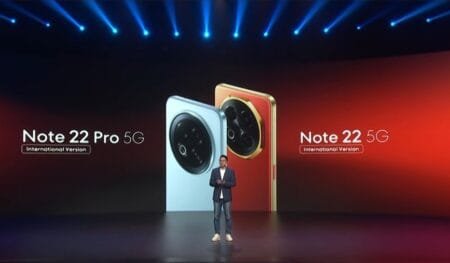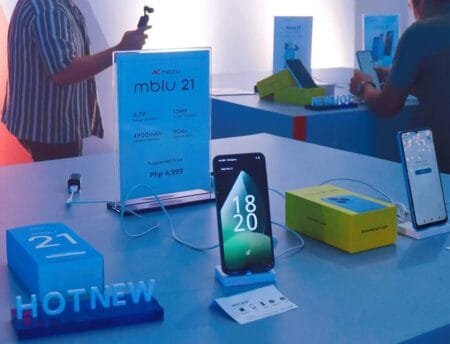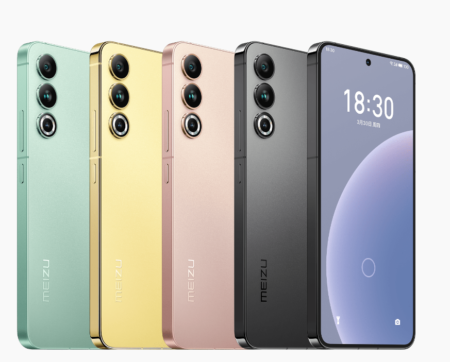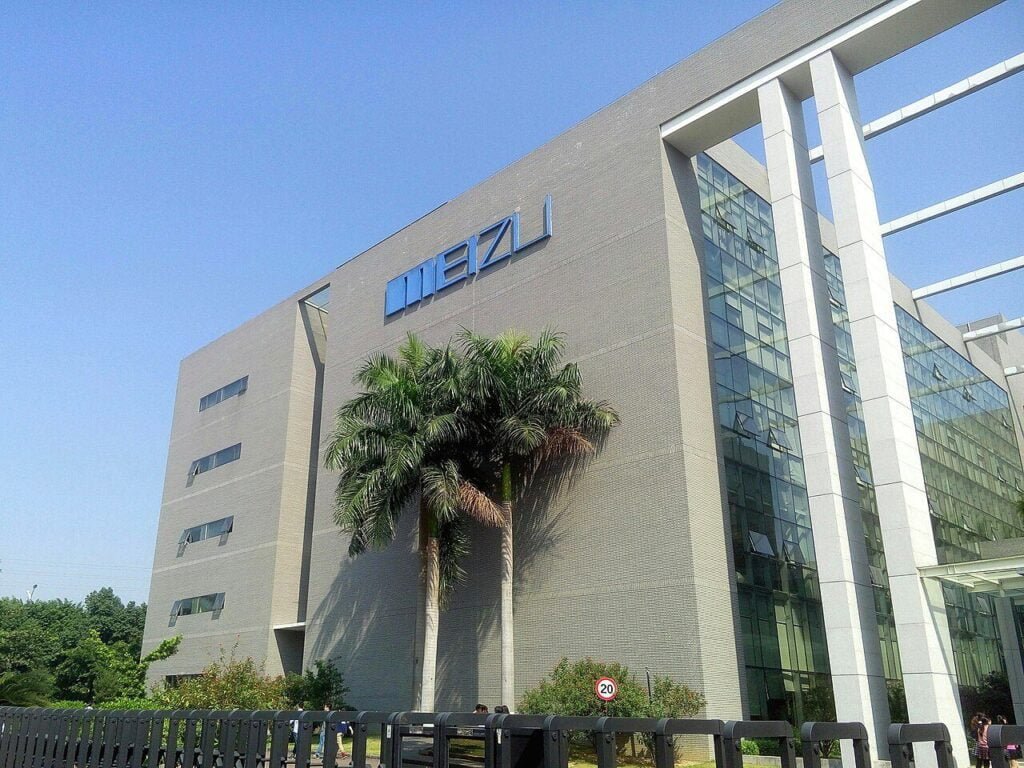
Meizu has announced a major shift in its strategy. The company will stop developing “traditional smartphones“ and focus on AI software and hardware products instead.
Why Meizu is Leaving the Smartphone Market
According to Shen Ziyu, the chairman and CEO of Meizu, the smartphone market has become saturated and stagnant, with little room for innovation and differentiation. In a video statement posted on Weibo, a popular Chinese social media platform, he said that the average smartphone user now waits 51 months before upgrading their device, as most smartphones offer similar features and performance.
He also pointed out the fierce competition in the smartphone industry, especially in China, where Meizu faces rivals such as Huawei, Xiaomi, Oppo, Vivo, and OnePlus. Meizu’s market share has been declining in recent years, as it struggled to keep up with the changing consumer preferences and demands.
What Meizu Plans to Do Next
Meizu’s most recent smartphone, the Meizu 20 series, which was launched in March 2020, will be its last. The company has cancelled plans for future phones in the Meizu 21, 22, and 23 series. However, Meizu will continue to support existing devices with software updates and after-sales service, although it is unclear if this applies to smartphones sold outside mainland China.
Instead of making smartphones, Meizu will redirect its resources to research and development of AI software and hardware products. The company will launch a new AI-based mobile operating system, which will replace its current Flyme OS, later this year. Meizu’s technology will also power smart products from Geely Group, its parent automotive company that owns the Polestar, Lotus, and Volvo car brands.
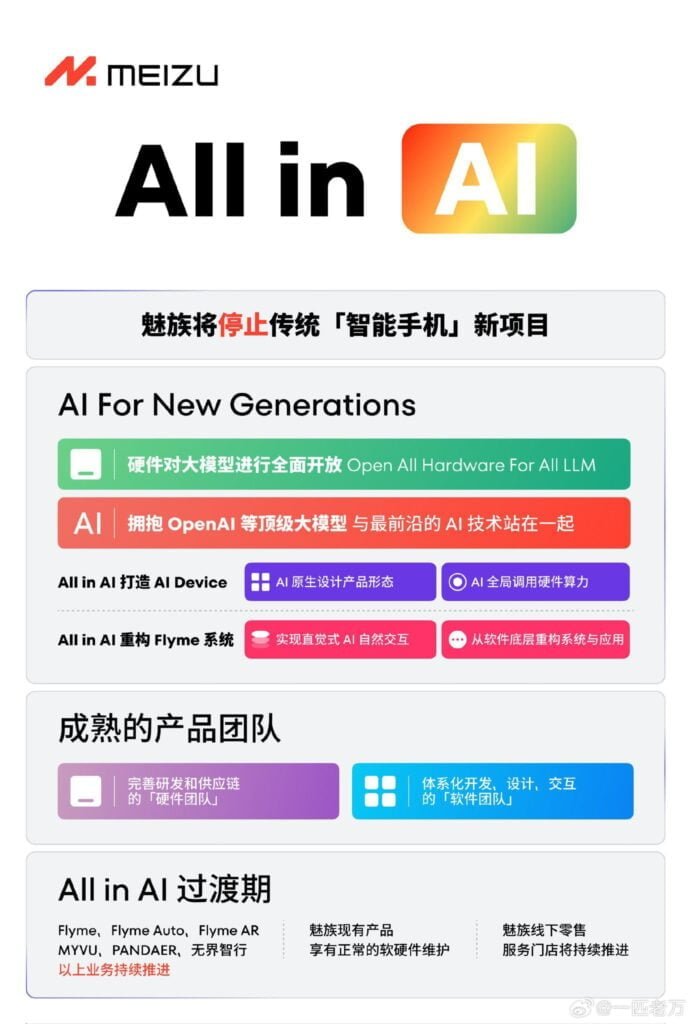
Meizu’s vision is to build an ecosystem that will fully open its AI devices to leading global LLM providers, such as OpenAI, to jointly promote AI innovation and development. The company said that it will “go all in on AI“ and create products that will “surprise and delight” its customers.
How Meizu’s Decision Will Affect the Industry
Meizu’s decision to exit the smartphone market and embrace AI is a bold and risky move, as it means giving up its established brand and customer base, and entering a new and uncertain domain. However, it also reflects the changing trends and challenges in the consumer electronics industry, where AI is becoming more and more important and influential.
Meizu is not the first smartphone maker to pivot to AI. LG, another former smartphone giant, also announced earlier this year that it will stop making smartphones and focus on AI, robotics, and smart home devices. Other smartphone makers, such as Samsung, Apple, and Huawei, are also investing heavily in AI, both to improve their smartphone offerings and to expand into new markets and sectors.
Meizu’s move may also have implications for the smartphone market in China and beyond, as it may create opportunities for other players to fill the gap left by Meizu, or to face more competition from Meizu’s new AI products. It remains to be seen how Meizu’s fans and customers will react to its decision, and whether they will follow Meizu to its new AI journey, or switch to other smartphone brands.
Discover more from wazzuptechph
Subscribe to get the latest posts sent to your email.


